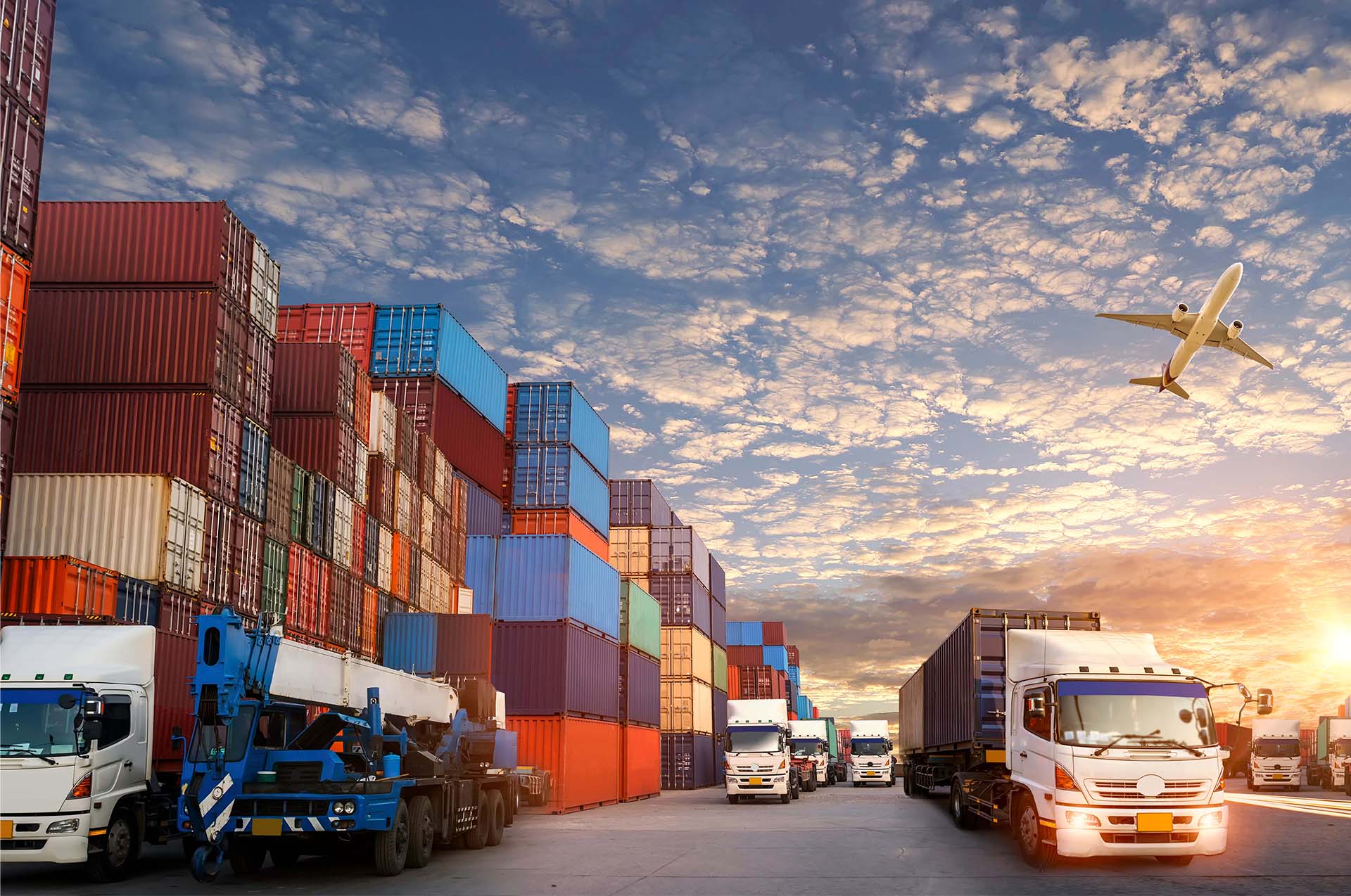
Image Source – Google
In today's interconnected global economy, supply chain management plays a crucial role in a company's success. Ensuring resilience and efficiency in the supply chain is essential for businesses to stay competitive and responsive to market demands. With increasing globalization and technological advancements, companies must adopt best practices to optimize their supply chain operations and mitigate risks.
One of the key best practices for ensuring resilience and efficiency in global supply chain management is diversifying sourcing strategies. Relying on a single supplier or region can expose a company to risks such as natural disasters, political instability, or supply chain disruptions. By diversifying sourcing options and building relationships with multiple suppliers in different locations, businesses can mitigate the impact of any disruptions and ensure a steady supply of goods. If you are looking for global supply chain management services then you can visit this website.
Another important best practice is investing in technology and data analytics to improve visibility and transparency in the supply chain. Leveraging technologies such as artificial intelligence, blockchain, and IoT sensors can provide real-time insights into the movement of goods, identify potential bottlenecks or issues, and enable proactive decision-making. By harnessing the power of data analytics, companies can optimize inventory management, reduce lead times, and enhance overall operational efficiency.
Collaboration and communication are also key components of resilient and efficient supply chain management. Building strong relationships with suppliers, logistics partners, and other stakeholders can help streamline processes, improve coordination, and facilitate quick response to any disruptions. Effective communication channels, regular meetings, and performance metrics can ensure alignment among all parties and enable agile decision-making in the face of challenges.
Moreover, maintaining a strong focus on risk management is essential for safeguarding the supply chain against potential threats. Conducting regular risk assessments, developing contingency plans, and implementing robust security measures can help businesses identify and address vulnerabilities before they escalate into major disruptions. By proactively managing risks and building resilience into the supply chain, companies can minimize the impact of unforeseen events and maintain continuity of operations.
Adopting a sustainable approach to supply chain management is another best practice that can contribute to resilience and efficiency. Incorporating environmental, social, and governance (ESG) principles into sourcing, production, and distribution processes can help businesses reduce their carbon footprint, improve social impact, and enhance reputation among consumers. By promoting sustainability and responsible practices throughout the supply chain, companies can build resilience by mitigating environmental risks and meeting evolving regulatory requirements.
Finally, continuous improvement and innovation are essential for staying ahead in the rapidly evolving global marketplace. By regularly assessing performance metrics, gathering feedback from stakeholders, and exploring new technologies and strategies, businesses can identify areas for optimization and drive operational excellence. Embracing a culture of innovation and agility can help companies adapt to changing market conditions, seize opportunities for growth, and maintain a competitive edge in the global supply chain landscape.
In conclusion, ensuring resilience and efficiency in global supply chain management requires a proactive and strategic approach that incorporates best practices to optimize operations, mitigate risks, and drive sustainable growth. By diversifying sourcing strategies, leveraging technology and data analytics, fostering collaboration and communication, managing risks effectively, promoting sustainability, and fostering a culture of continuous improvement, businesses can build a resilient and efficient supply chain that can withstand challenges and capitalize on opportunities in today's dynamic business environment.
